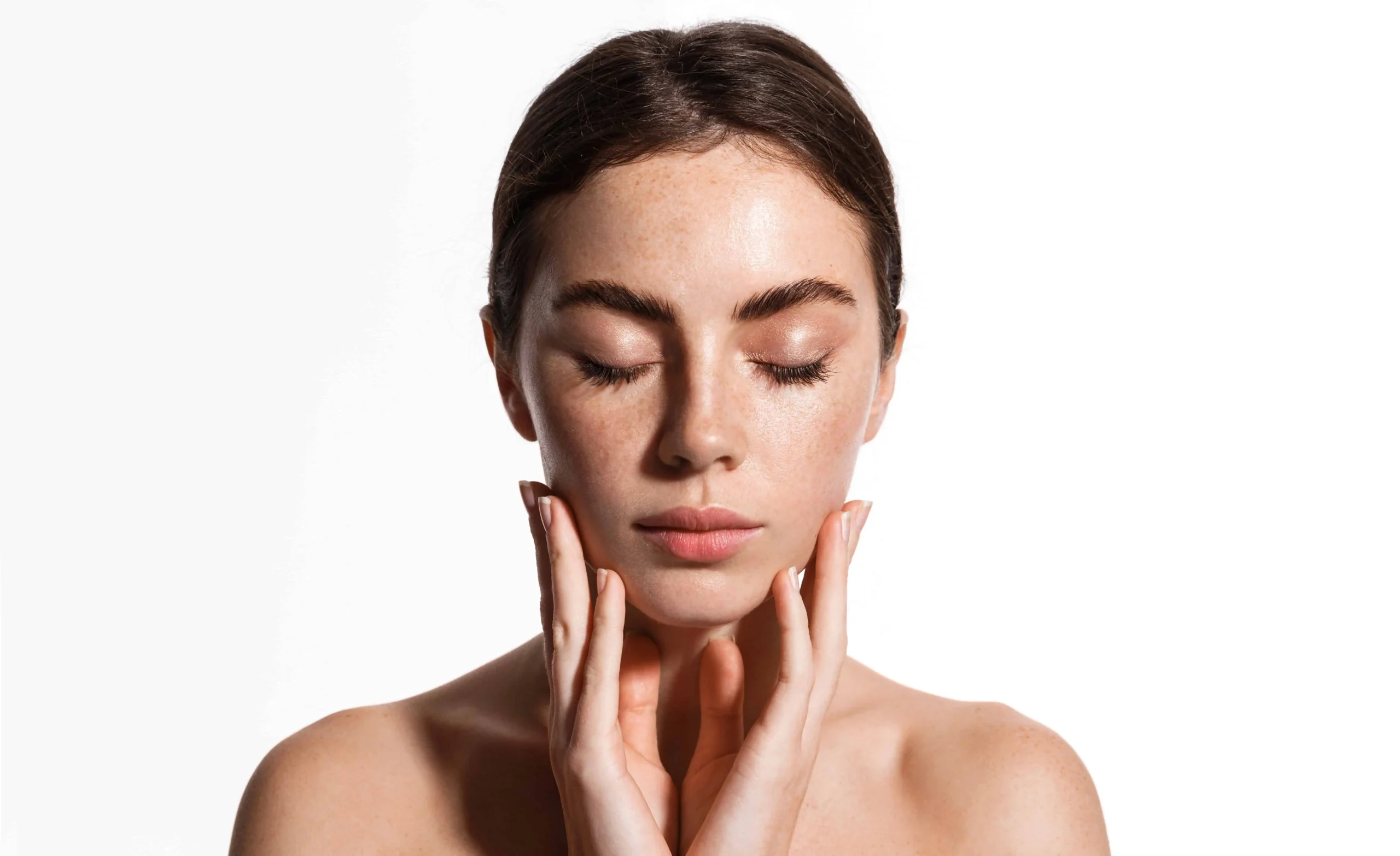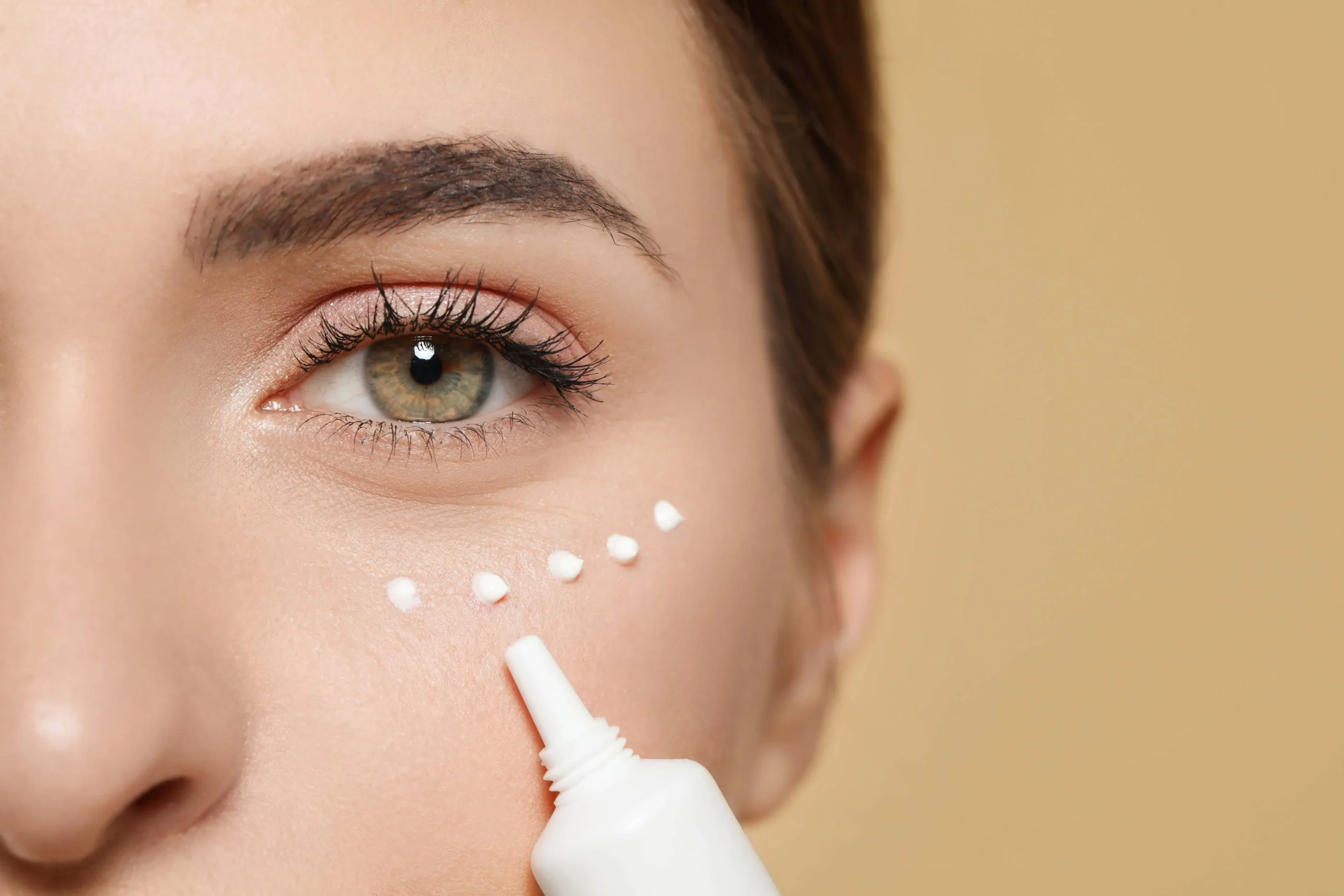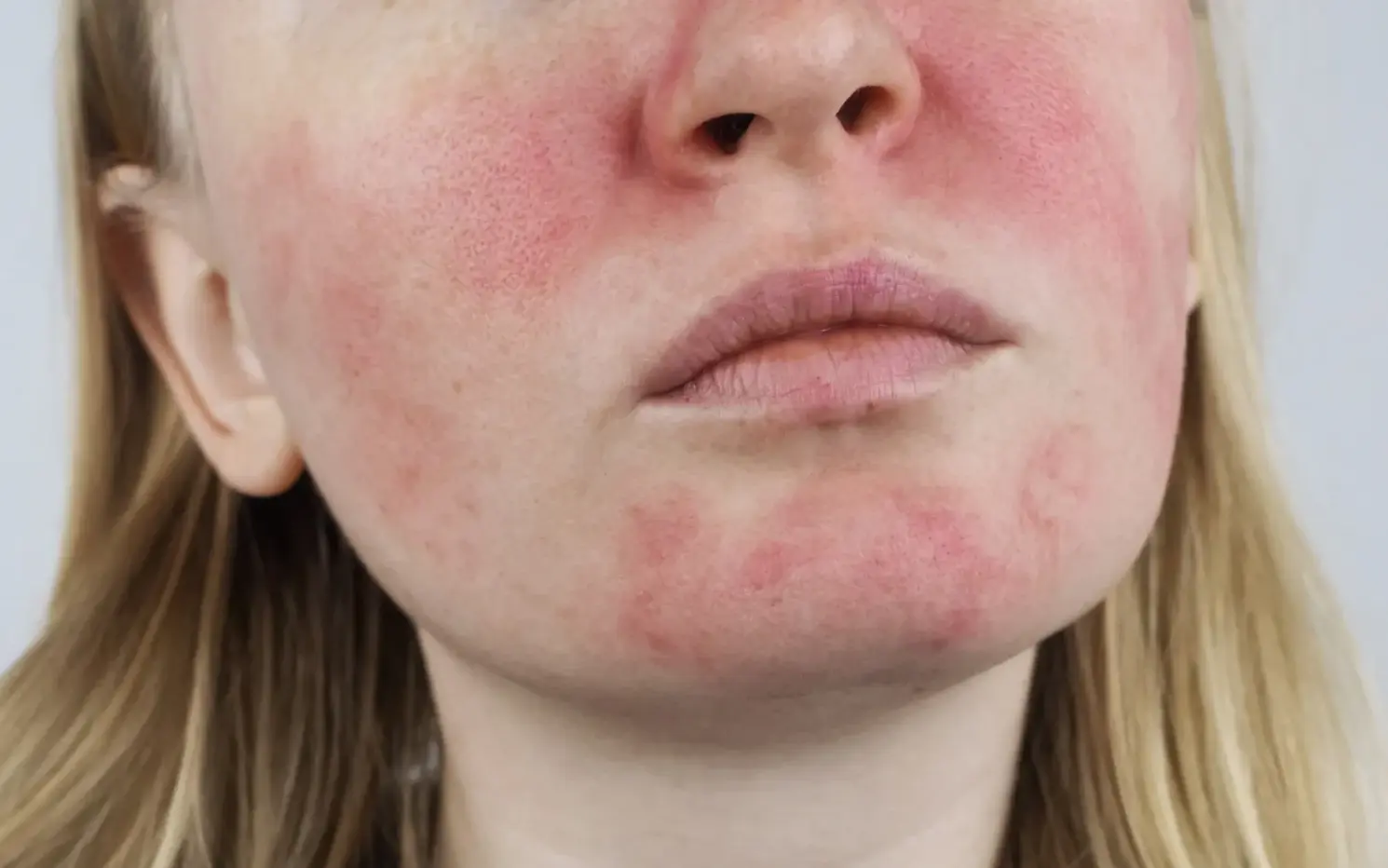Table of Contents
Water is essential for our overall health, but it also plays a crucial role in maintaining the health and appearance of our skin. From the water we drink to the water we use to wash and bathe, its quality can significantly impact our skin’s condition. Here’s a closer look at how water quality affects our skin, along with some tips to keep your skin looking and feeling its best.
How Water Quality Impacts Your Skin
- Hard Water and Skin Problems: Hard water, which contains high levels of minerals like calcium and magnesium, can be tough on your skin. It often leaves a residue that can make your skin feel dry and irritated. This residue can also clog pores, potentially leading to breakouts or exacerbating existing acne. For those with sensitive skin or conditions like eczema, hard water can aggravate irritation and cause flare-ups.
- Chlorinated Water: Chlorine is commonly used in municipal water systems to kill bacteria, but it can also strip your skin of its natural oils. This can lead to dryness, redness, and irritation, especially if you have sensitive skin or conditions like rosacea. Over time, excessive exposure to chlorinated water can contribute to premature aging of the skin.
- Contaminants and Skin Health: Water contaminated with pollutants or chemicals can have negative effects on your skin. For instance, heavy metals, such as lead, can lead to dull and uneven skin tone, while other contaminants might cause allergic reactions or infections. Drinking clean water is just as important as using it for washing, as impurities can affect your skin from the inside out.
Tips for Maintaining Healthy Skin with Good Water Quality
- Install a Water Softener: If you have hard water, consider installing a water softener. These systems reduce the mineral content in your water, helping to prevent dryness and irritation. You can also use gentle, hydrating cleansers and moisturizers to counteract the effects of hard water.
- Use a Water Filter: A high-quality water filter can help remove chlorine and other contaminants from your tap water. This can make a significant difference in how your skin feels after washing or bathing. Look for filters that are specifically designed to reduce chlorine and other common pollutants.
- Moisturize Regularly: Regardless of water quality, keeping your skin hydrated is essential. Use a good moisturizer to lock in moisture and create a barrier against environmental factors. This is especially important after washing or bathing, as the skin can lose moisture quickly.
- Drink Plenty of Water: Staying hydrated from the inside out is just as important as using clean water on your skin. Drinking plenty of water helps maintain your skin’s elasticity and overall appearance. Aim for at least 8 glasses a day, and consider using a water filter if you’re concerned about contaminants in your drinking water.
- Be Mindful of Bathing Habits: Long, hot showers can strip your skin of its natural oils, regardless of water quality. Take shorter showers and use lukewarm water for the best results. This helps to minimize moisture loss and reduce irritation.
Cons of Poor Water Quality on Skin
- Dryness and Irritation: Poor water quality can lead to dryness and irritation. Hard water and chlorine can strip away natural oils, leaving your skin feeling tight and uncomfortable. This can be particularly problematic for those with sensitive or already dry skin.
- Breakouts and Acne: Water that contains high levels of minerals or contaminants can contribute to clogged pores and acne flare-ups. The residue left on the skin from hard water can exacerbate these issues, making it harder to maintain clear skin.
- Premature Aging: Prolonged exposure to chlorinated water can contribute to premature aging of the skin. Chlorine can break down collagen and elastin, essential proteins that keep skin firm and youthful. This might eventually lead to the formation of fine lines and wrinkles.
- Allergic Reactions: Contaminants in water can sometimes trigger allergic reactions or exacerbate skin conditions. Pollutants or heavy metals can cause rashes, redness, or other symptoms that affect your skin’s health and appearance.
In Summary
The quality of water you use, whether for drinking or washing, has a significant impact on your skin. From preventing dryness and irritation to avoiding premature aging, paying attention to your water quality can help keep your skin healthy and radiant. By using water filters, softeners, and proper moisturizers, and staying hydrated, you can ensure that your skin remains in top condition. Remember, good water quality is an important part of a healthy skincare routine!





